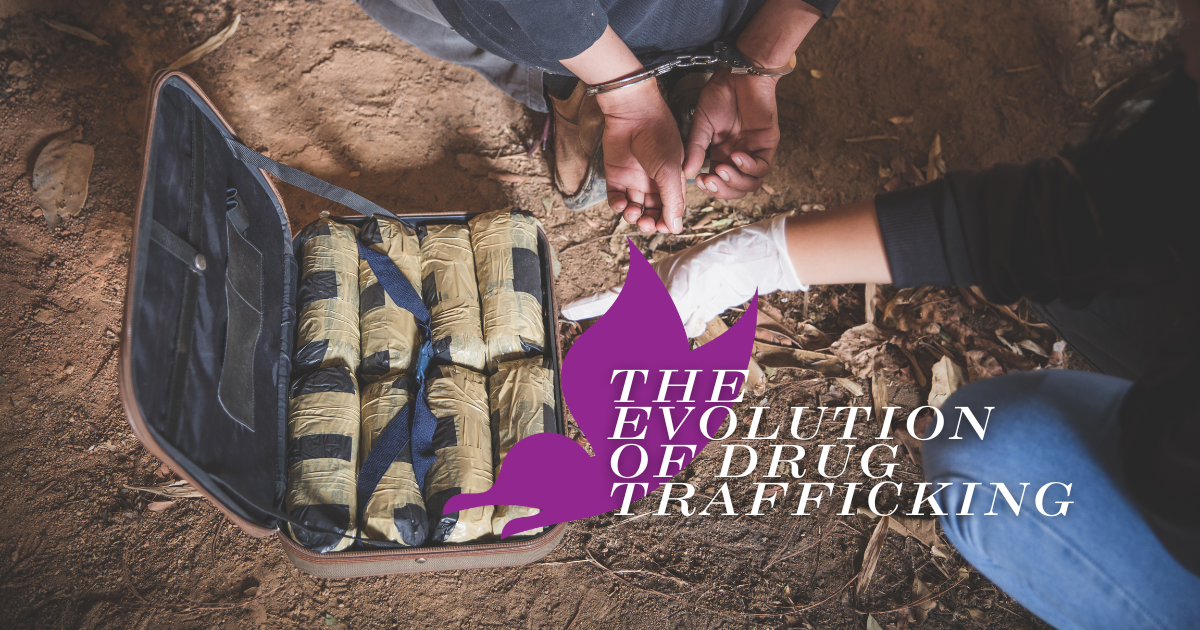Approximately 18.7 million individuals ages 18 and above, or 21.2% of the population have had a substance use diagnosis in the past year according to the National Survey on Drug Use and Health. Substance abuse has been recognized as one of the most significant health crises in American history. The impact on the individual who is substance using is severe with multiple consequences related to the continued use of substances. However, the impact of substance use is not limited to just the individual user.
An individual who is substance using is part of a bigger system.
This system could consist of family, social supports such as friends or coworkers, and even society at large. One of the systems that is most impacted by an individual’s substance use is the family, specifically children of substance using parents.
SUD And Children
Research indicates that parental mental health, including substance use, impact a child’s development, this includes the development of problem behaviors. So, if 21.2% of the adult population qualify for a substance use disorder, how many children are impacted, what is the impact, and what are the implications for treatment?
According to data from the combined 2009 and 2014 National Surveys on Drug Use and Health, approximately 8.7 million children age 17 or younger lived in a household with at least one parent who qualified for a substance use disorder in the past year. That breaks down to about 1 in 8 children impacted by substance use.
Effects On Children
The developmental processes that take place during childhood are critical to an individual’s functional level as an adult. A child needs a safe and stable environment as a foundation to accomplish these important developmental processes successfully. For children of substance using adults, a safe and stable environment may not be available, leading to problems related to a child’s emotional, cognitive, social, and behavioral development.
Emotional problems include depressive symptoms, anxiety symptoms, low self-esteem, guilt feelings, and loneliness. Cognitive problems include lower levels of intellectual functioning. Behavioral problems including aggression, anti-social behaviors, and engagement in high-risk behaviors including substance use. Social problems include lower socioeconomic status, increased risk for abuse or neglect, and social isolation.
The severity of this impact on the functioning of children is evident; however, often the children are left out of the treatment process in an effort to “protect” them. In fact, often the entire family system is on the periphery of an individual who is accessing substance use disorder treatment services. Often it takes the child acting out themselves to be able to access mental or behavioral health services.
Effective treatment of substance use disorders must include the entire family system, this may be in the form of a comprehensive treatment program where all family members are able to access both individual and family services in one system, or through separate treatment providers.
We now recognize that addiction and substance use impacts more than the individual using. Treatment must extend beyond the using individual for effective recovery of both the user and his or her family.
What’s Next?
If you or a loved one is struggling with issues related to substance abuse and drug addiction, Landmark Recovery can help. Landmark is a state-of-the-art drug and alcohol treatment facility in Carmel that can help give your loved one the tools and knowledge to achieve long-term sobriety. If you would like to learn more about Landmark and how we can help, please visit our website today and reach out to our admissions team.




